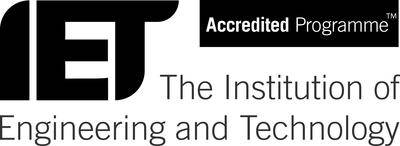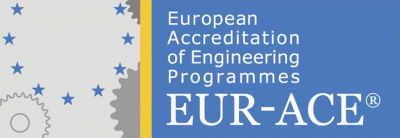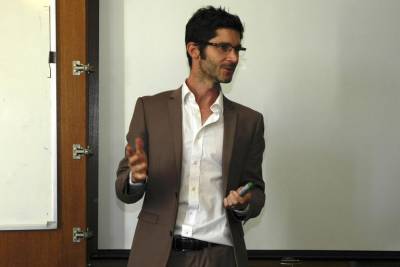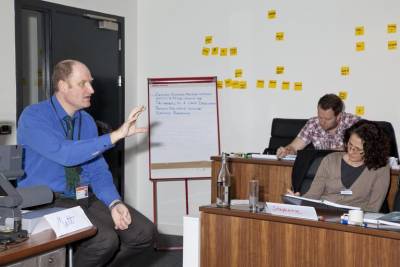Introduction

To meet this challenge, UCL Centre for Systems Engineering (UCLse) and the Technology Management Group of the Mullard Space Science Lab have developed a new Masters degree in the Management of Complex Projects, which brings systems thinking to project management.

Taught modules use a combination of lectures, case-studies and interactive group exercises, whilst research modules give you the chance to undertake in-depth study in a specific area that interests you and supports your career aspirations. Through the Management of Complex Projects programme you will develop the skills, knowledge and experience to tackle the most challenging of projects.
In a world where standard project management courses are no longer a differentiator, completing this course will make you stand out from the crowd, putting you on the fast track for a career in project or programme management.
Background
Inspiration draws from the working group between the Association for Project Management (APM) and the UK Chapter of the International Council on Systems Engineering (INCOSE) to explore the interface between Project Management and Systems Engineering. Support for this area is growing in the project management community, leading to the creation of a new systems thinking specific interest group (SIG) in the APM. To some extent, systems thinking is part of project management's DNA. But systems thinking really adds value when you realise that the world of projects is imperfect and uncertain, not deterministic, and has a significant human dimension where 'soft' systems thinking comes into play. Not only do tasks often take longer to complete than anticipated due to unforeseen events and re-work, but we often start projects without a clear understanding of what the project's objectives are.
" Systems thinking gives us the tools to attempt both complicated projects (with many interfaces and distributed supply chains - such as building a new aircraft) and complex projects (where stakeholders don't agree on the fundamental objectives - such as building a new runway for London or using IT to deliver improved healthcare services). Ultimately, systems thinking helps us to do a better job of managing risk and project scope.
Prof Michael Emes, Module Leader, Delivering Complex Projects module


Content draws from our experience in teaching Project Management and Systems Engineering courses for over 15 years, including training the European Space Agency's Project Managers since 2013. You will have the opportunity to obtain the APM's Project Management Qualification (PMQ - formerly known as APMP) in addition to your academic qualification if you choose to take the optional APM-accredited Project Management module.
Unique features
Our IET accredited programme combines the academic rigour characteristic of UCL with the practical expertise developed through our collaboration with industry. Industrial relevance of this MSc and our our other programmes is maintained through an industrial advisory board, which meets at least once a year to discuss content of the programmes and opportunities for enhancement.The programme is designed to allow students to study full time (completing the MSc in one year), or in a flexible mode (2-5 years) so that you can continue to work full time while studying. For flexible mode students, modules can be taken in the order and at the pace best suited to you.

At UCLse we have established five driving principles for the successful delivery of projects, based on our extensive experience with space systems engineering and project management derived through the Mullard Space Science Laboratory. These principles underpin all of our teaching. We also emphasise the importance of understanding the business and enterprise context for complex engineering projects across all programme elements - something we know to be crucial for long term success.
Study modes
You can choose the timing and nature of your study to suit work demands, building up credits towards your chosen qualification from modules selected from the programme diet.
Alternatively, you may enrol in the full time mode and complete the MSc in one year.
Is it for me?
Successful applicants are motivated students with a good first degree in a relevant subject (typically management, science, technology, engineering or mathematics), good english language skills, and preferably two or more years of experience working in a project environment.
You can find information on fees and entry requirements in the UCL online prospectus.
Application details are provided, however, we encourage anyone interested in completing any of the three project management qualifications, or in taking a module as a short course, to talk to us about their training needs, the course content and delivery options.
Accreditation
The MSc Management of Complex Projects is accredited by the Institution of Engineering and Technology (IET) on behalf of the Engineering Council as meeting the requirements for Further Learning for registration as a Chartered Engineer. Candidates must hold a CEng accredited BEng/BSc (Hons) undergraduate first degree to comply with full CEng registration requirements.
The programme is also a European accredited engineering master degree programme, and a graduate of this programme may define him/herself "EUR-ACE® Master".
 Close
Close

